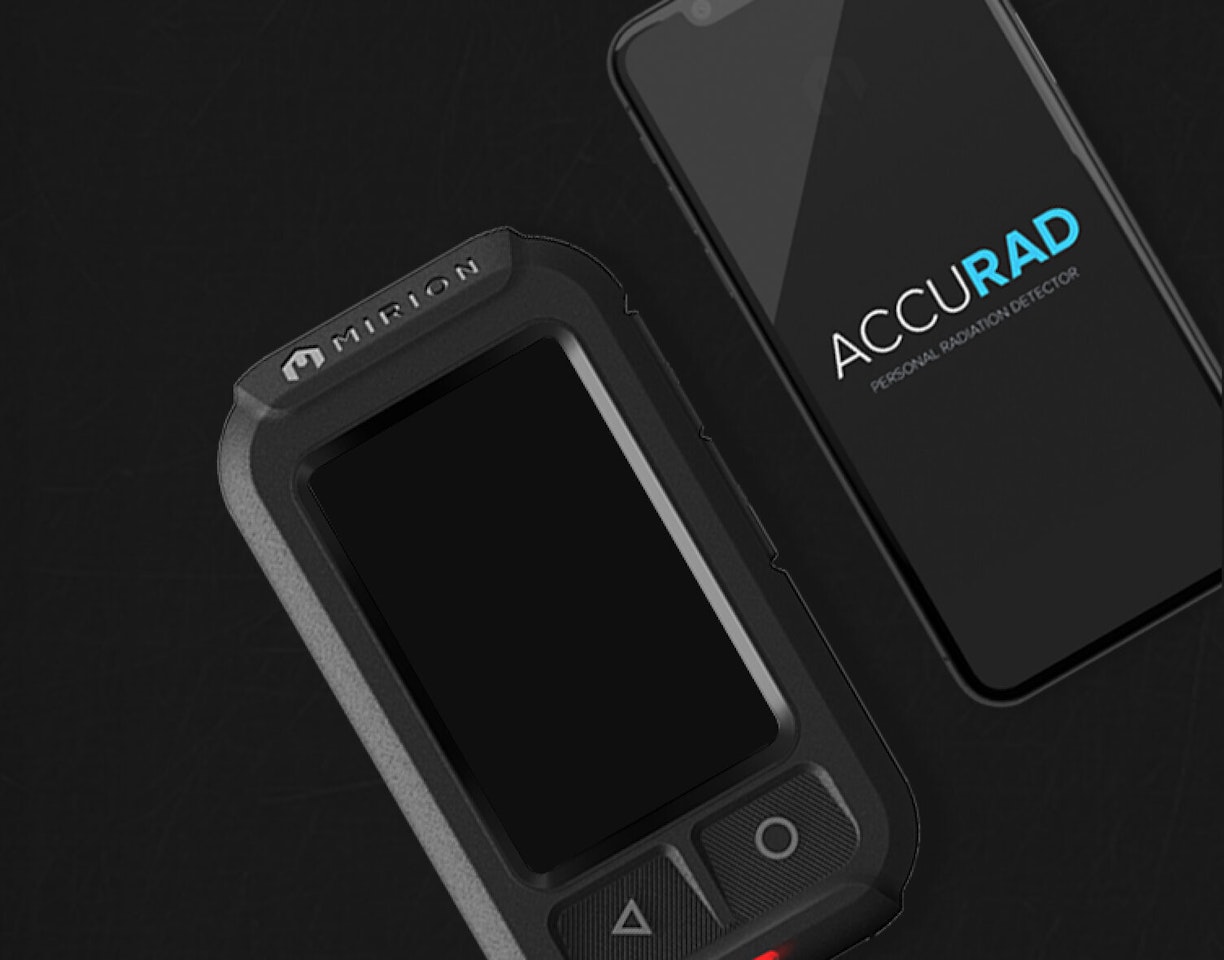

From Training to Challenge: Radiation Detection in Emergency Response
A seasoned Health Physics professional shares his experience working with emergency responders.
Rusty Lorenzen started working at Boston Children’s Hospital almost 30 years ago as a radiation safety officer. Over the years, his role expanded to other disciplines, including a program to enhance radioactive source security at the hospital. The program required additional security features and regulations, involving close collaboration with the government, as well as beginning Rusty’s relationship with the Boston Police Department.
We interviewed Rusty to gain a deeper insight into this important partnership and the dynamic challenges of radiation safety for emergency response.
The opinions expressed below are Rusty’s alone and do not reflect those of his employer or Mirion. Interview has been condensed and edited for clarity.
Mirion: How did you help the Boston Police Department in the early days of this partnership?
Rusty Lorenzen: I started by educating them, training them, giving them tours, giving them any help I could to make radiation safety a simple process for them to handle, along with their regular duties.
It's evolved from there as we continue to work with them. They look to me to be a radiation safety expert for them and with that partnership, but it's expanded beyond Boston. It seems like in New England these days I try to help when I can, whether it's the fire department, the environmental police, the State police. People are very aware of the issue of terrorism and radioactive material today.
Mirion: What does the program look like today?
RL: About 10 years ago we recognized that the program shouldn't just be working with the hospital, but it also should take an active role with other local response agencies. We started to put together a team to help do outreach directly to law enforcement, to help them and engage them with instrumentation training.
I've been involved in a lot of those training efforts, helping with some of the steering committees, and assisting in setting up their protocols and programs.
Mirion: What’s a challenge you face with training law enforcement in radiation safety?
RL: Radiation safety is not their primary business. We put them in a very difficult role where all of a sudden, they have to respond to radiological, chemical, biological, radiological issues, all kinds of things, in addition to the important daily tasks they’re already involved in. They're learning, too, and they've come a long way.
It's something they prepare for, but we hope it never happens. We try to do exercises as often as we can, and with any opportunities that come up, we try to share it with each other so we can all learn and plan accordingly.
Because of my role with Boston Children’s, I was able to bring radioactive sources out into the field for training first responders. That's been a tremendous benefit for them to see how the meters respond to real radiation fields.
Mirion: How has Mirion helped you solve a radiation safety challenge?
RL: Most of my experience with Mirion has been with the [AccuRad] PRD. In trying to help the first responder community, instrumentation is the only way they can find the sources and you want to put a good tool in their hand to do that.
But a lot of the tools out there are extremely complicated. They're built for scientists, not for first responders. So, when I first got my hands on the AccuRad, it was a no brainer. I said, “This is perfect for what first responders need.” It gives them the features they need without extra stuff that's just going to make it more complicated.
The other important feature is that you can put on your belt and see the readings on your phone as you walk around – no one even knows that you're looking at a meter. You're looking at a phone, and everybody's looking at their phone when they're walking around these days. It has great versatility and simplicity at the same time.
Mirion: What technology are you excited about for the future?
RL: A new area of equipment is coming out where you don't have to use radiation sources with your meters. You can use electronic technology. That gives people more opportunity to play and who don’t have access to sources. We've talked about it in Boston.
For groups like first responders who won't be able to have any sources around, and probably would never see a source, this technology would hopefully give them a chance to train and understand, but it has to look and feel like the real thing.
Mirion: It sounds like you really love what you do. What advice would you recommend to someone just starting out?
RL: Stay patient, keep your eyes open and grow your network.
I told my kids when they grow up, find something you like to do because you do it all your life. And I've been very fortunate to find something that I like, which is health physics, radiation safety. And this later part of my career, the Homeland Security stuff, has been a fun little twist. I'm trying to help people who have a role in this, but just don't have the time and the knowledge. And if I can play a role in that, to help, that's what I like to do.
Mirion is proud to partner with individuals like Rusty, who helps his community enhance their knowledge of radiation safety to better protect the public. Have a story to share? Send yours to [email protected].
Explore Mirion solutions for civil defense: Civil Defense Solutions

